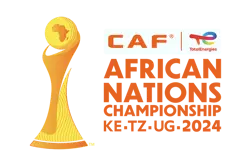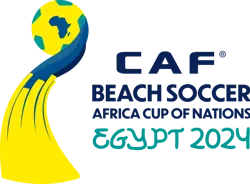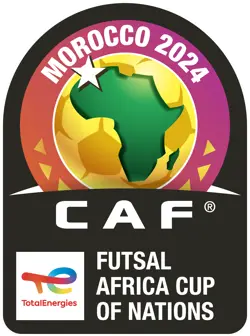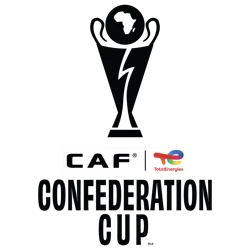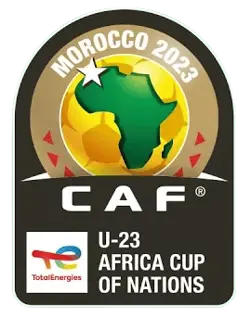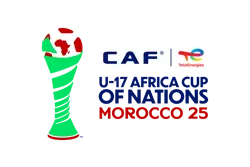Tom Saintfiet (Mali): “Our minimum goal is reaching the semi-final”

Mali head coach Tom Saintfiet firmly believes in the potential of his Eagles to shine at the TotalEnergies CAF Africa Cup of Nations Morocco 2025, even in a challenging Group A alongside hosts Morocco, Zambia, and the Comoros.
Backed by a rock-solid defence and a squad brimming with talent—particularly in midfield—the Belgian tactician has set a clear target: to go far, without fear or hesitation.
A respected figure across African football, Saintfiet previously guided The Gambia to their first-ever two TotalEnergies CAF AFCON appearances (2021 & 2023). Now, he is on a new mission: to deliver Mali the continental title that has eluded them for over half a century. Finalists in 1972 and semi-finalists on four occasions, the Eagles boast 13 AFCON appearances but still await their first crown.
Just weeks before the opening match of the TotalEnergies CAF Africa Cup of Nations Morocco 2025, Saintfiet spoke exclusively to CAFOnline.com. Calm yet determined, he reflected on his journey and revealed his ambitions:
“Mali has the quality to stand among Africa’s elite nations. What we need now are concrete results to confirm that.”
The numbers speak for themselves: in 12 competitive matches under Saintfiet, Mali have recorded 8 wins, 3 draws, and only 1 defeat—averaging 2.25 points per game, the best record for a Mali coach since 2002. His team scores 1.83 goals per game while conceding only 0.25, evidence of a well-balanced side.
“We fear no one, though we respect everyone,” says Saintfiet. “Our ambition is to stay in this competition until the very end.”

CAFOnline.com: Mali is in Group A with Morocco, Zambia, and the Comoros. What are your impressions?
Tom Saintfiet: Many people have called it the “Group of Death,” but for me, it’s an exciting group. There are no easy games at the AFCON. Some groups may seem more accessible on paper, but every qualified nation deserves respect.
It’s always better to face competitive teams. To achieve results, we must stay 100% focused—and 500% committed over the three group games. Morocco are the favourites, and it’s a privilege to play them, especially on their home turf. I would have preferred to face them in our first match—it’s the kind of game everyone wants to play.
The other teams, Zambia and the Comoros, should not be underestimated either. Zambia have a strong coach; they struggled in World Cup qualifying but remain a dangerous AFCON side. The Comoros, meanwhile, qualified ahead of Tunisia and The Gambia. I
know their coach, Stefano Cusin, very well—we faced them during World Cup qualifying. That won’t be an easy match either.
Our ambition is to go deep into the tournament. We don’t fear any team. In fact, our group is so competitive that I believe all four teams have a real chance to reach the knockout stage.
CAFOnline.com: What is Mali’s true status going into this AFCON—favourites, outsiders, or challengers?
I read an article on France 24 describing us as “big outsiders,” and I think that’s accurate. The main favourites are Morocco, Algeria, Senegal, and Nigeria—nations with great experience and consistency. But several others can also win the title: Cameroon, Côte d’Ivoire, Egypt, Tunisia, and even South Africa.
For Mali, the mission is clear: to be an outsider capable of staying until the very end. We now have the quality to compete with the best.

CAFOnline.com: Mali’s qualifying campaign was outstanding—ten goals scored, only one conceded, four wins and two draws. What message do those numbers send?
Yes, but that was over a year ago. Every match is a new test; we must prove ourselves again and again. We’ve played 12 competitive games, conceded only three goals, and scored 22. Mali are well-organized and very difficult to break down.
In the past, the team scored more but also conceded more. Today, we’ve found balance. Every player understands his role and responsibilities. We want to be a team that’s tough to beat.
We aim to win against the Comoros, Zambia, and even Morocco. We fear no one but respect everyone. Our goal is to stay until the end.
During qualifying, we showed strength: ten goals for, one against—and that goal came in my very first match, against Mozambique (1–1). Since then, we haven’t conceded in World Cup qualifying. We’ve developed the squad, introduced new players, and given opportunities to young talents.
Today, few nations are happy to face Mali. But we still have to prove it at the AFCON. Historically, Mali often start strong but struggle to confirm their status. It’s time to change that and show we belong among Africa’s great football nations.
We’re currently 8th in the African FIFA rankings—respected, yes—but we now need results to match that reputation.
CAFOnline.com: Past generations came close but never won the AFCON. Does this 2025 team have what it takes?
Absolutely. Mali’s football history is full of heroic stories—semi-finals, bronze medals, and unforgettable players. It’s unfortunate that the golden generation of Kanouté and Keita never lifted the trophy, but Mali has always produced top talent.
I believe we’re on par with teams like Côte d’Ivoire, Cameroon, and Senegal. We may not have as many global stars, but we have a cohesive, talented, and determined group. And AFCON history shows that it’s not always the star-studded teams that triumph—remember Zambia in 2012, or Burkina Faso’s run to the 2013 final. These are powerful examples.
We must believe it’s possible, work hard, and stay focused.

CAFOnline.com: Mali’s midfield depth is impressive—Haïdara, Bissouma, Coulibaly, Camara, Tounkara, Sangaré, Dieng...How do you manage such talent?
It’s both a blessing and a challenge. The advantage is that we have many top-level players in midfield—if one is injured or out of form, another can step in seamlessly. But it’s also difficult, because some excellent players may have to start on the bench or even miss the final squad, which will be limited to 23 or 25 players.
All of them are exceptional professionals—intelligent, skilled, and deeply passionate about representing Mali. It gives me flexibility and many tactical options. Even when we make changes, our level doesn’t drop. That’s one of our biggest strengths.
CAFOnline.com: You’ve coached several African national teams. What makes this adventure with Mali different?
Yes, Mali is my seventh African team. I’ve coached Namibia, Zimbabwe, Malawi, Ethiopia—each experience taught me valuable lessons. With The Gambia, we made history by qualifying for two AFCONs and finishing sixth in 2021.
My choice to join Mali was about quality and ambition. I’ve always believed this nation could achieve something special—a football miracle. My goals were clear from day one: first, make history at the AFCON, then aim for the World Cup.
When I arrived, Mali had already played four World Cup qualifiers and had just five points, sitting fourth in the group. It was tough, but under my tenure we’ve averaged 2.17 points per match—enough for qualification in most scenarios. That should motivate us.
I left the Philippines, where I had a very good contract and comfortable conditions, because I wanted to write history with Mali. We have strong support from the Federation, the authorities, the fans—and, most importantly, very talented players.
Even before becoming their coach, I always said Mali were potential favourites. Now, I want to prove it by leading them to the top. The Malian people have waited a long time for a major result—it’s our duty to give them that joy.

CAFOnline.com: What would you consider a successful tournament for Mali?
For us, the minimum target is the semi-finals. Of course, there are many strong teams, but we can aim for first place in our group—even with Morocco in it. That would give us a more favourable route in the knockout stages.
We’ll have to manage our games smartly, especially against the Comoros and Zambia, where goal difference could matter. Our second match against Morocco on 26 December will be special. Even a draw could be enough to top the group, who knows?
It’s a long tournament—seven matches—so we must manage energy, cards, fatigue, and injuries carefully. My experience with The Gambia taught me a lot about that. With my staff, we’ll make sure the team is ready for every scenario.
If we reach the semi-finals, it will already be a great achievement—but we won’t stop there. We want more than just a quarter-final.
CAFOnline.com: And finally, what headline would you like to read after the tournament?
“Mali Create a Miracle.”


